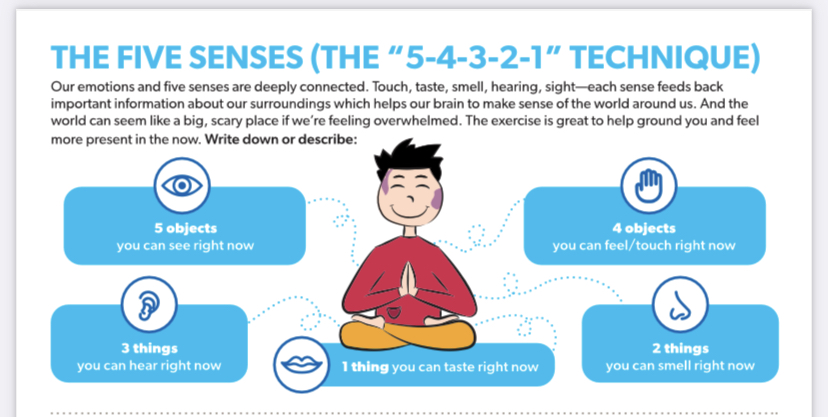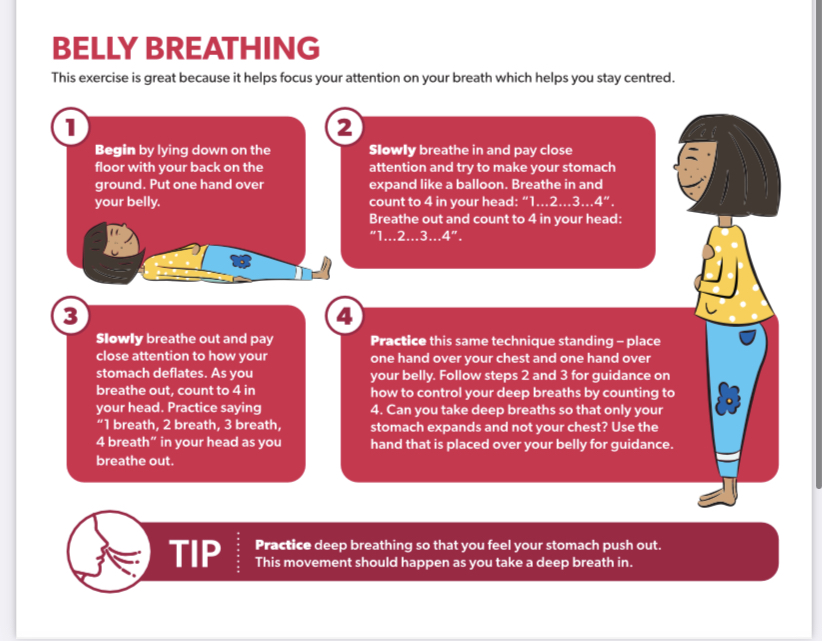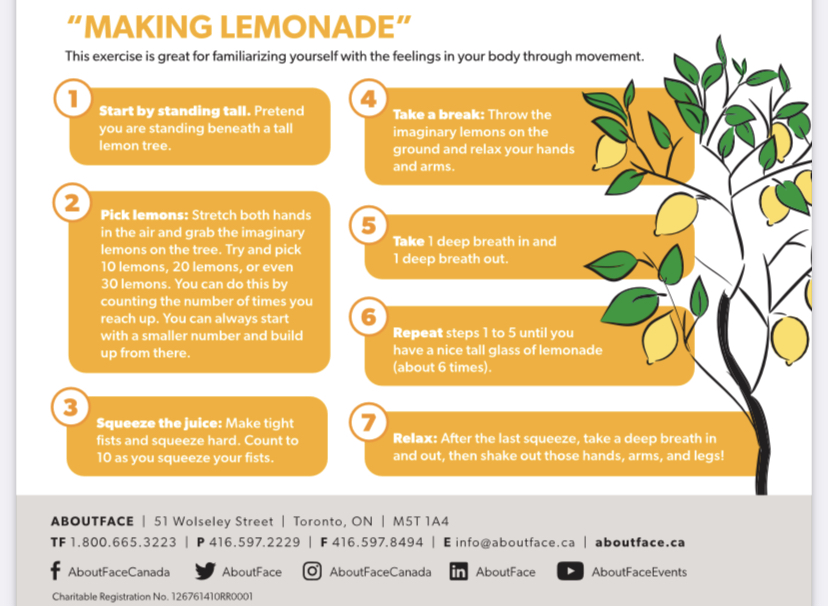Childrens’ Resources
We understand that having a child that is born with a rare condition such as PROS (PIK3CA Related Overgrowth Spectrum) can bring up so many questions, including, but not limited to:
How will my child cope with living with this?
How will I as a parent cope with this?
How can I help my other children / siblings?
I need specialised clothing &/or shoes, where can I go for these?
I feel like I am the only one, are there support groups out there?
On this page you will find various websites & articles that we hope may help your child with their mental health & wellbeing:
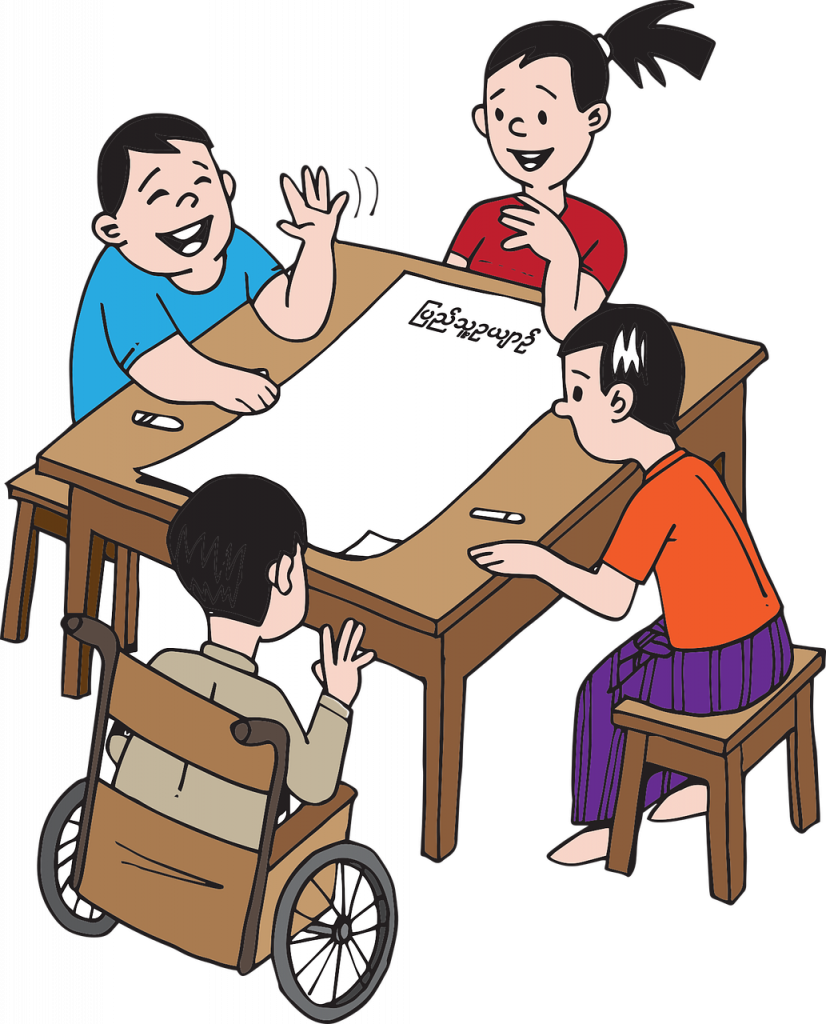
Did you know that Great Ormond Street Hospital (GOSH) has a play department for parents and children?
Each day, the team of Health Play Specialists at GOSH come into contact with around 200-300 children. The Play team are funded by Great Ormond Street Hospital Children’s Charity.
The play team helps patients and families in different ways:
Preparing for procedures: Play specialists help children prepare for life-saving treatment and surgery using techniques such as role play, drawing and practicing procedures.
Bringing fun into the hospital: Playworkers and Play Specialists work closely with patients and families to provide lots of fun activities tailored to the interests of each child. This helps patients maintain some normality and ensure children don’t miss out on being children.
Supporting the whole family: Playworkers and Health Play Specialists often form strong relationship with children by maintaining playfulness through treatment and can ensure that complicated medical information is communicated in a child friendly way, this can alleviate the parents’ worries of explaining complicated illnesses to their child. The play team can also provide families with a much-needed break.
Speeding up recovery: Research shows that play can improve a child or young person’s recovery time. We think this is because doing a little of what you want to do and enjoy has a positive effect on their ability to cope with stress and to heal.
For more infoemation see: Play for parents and children
We found a website called Mental Health TV that may be of use for some younger people & their parents/ carers. They have created award winning programmes for students with an interest in the mental health sector, professionals, and those just wanting to learn: Mental Health TV
Next is the Wellbeing Hub brought to you by Rare Minds, there is a section on parenting as well as opening up conversations with family & friends: Rare Minds Wellbeing Hub
Brought to you by “CHANGING FACES” here are some recommended resources for children to promote diverity and inclusion: Inclusion & Diversity tools for children of different ages
From “Changing Faces –Diversity and inclusion books”
“When it comes to diversity and inclusion, books are a great way to introduce difference to children to from an early age. There are many picture books as well as children’s novels which explore a range of visible differences and disfigurements.”
Toys with a diverse and inclusive focus or range
“You might be surprised to learn that there are a range of children’s toys which cut through stereotypes and normalise difference – including Barbie and Ken dolls with vitiligo.”
Television programmes that promote diversity and inclusion
“Visible difference is becoming increasingly visible on our TV screens – and has even made it into the swashbuckling mythical world of How to Train Your Dragon!”
Visit your hospital through your phone!
“Little Journey supports children and their families before, during and after healthcare interactions, reducing anxiety through the use of our multi-award winning smartphone App.”
To take a look at their website & app please click here: Little Journey
Our Friends at Italian Macrodactyly and PROS Association: https://www.associazione-nazionale-macrodattilia.org/english/
have created a new animated video to help children to cope with medical examinations with awareness.
For this campaign, we partnered with Fastn and Leaders Unlocked, and schools involved in the Peer Education Project, to talk to young people about healthy relationships; what’s important, how they recognise, build and maintain healthy relationships, and how relationships can affect our mental health and wellbeing
A healthy relationship with ourselves or our peers can be built through kindness, care, trust, honesty and respect. Our research has found that being connected with ourselves and others in healthy and meaningful ways can help us support our own mental health and wellbeing, and that of others: Healthy Relationships
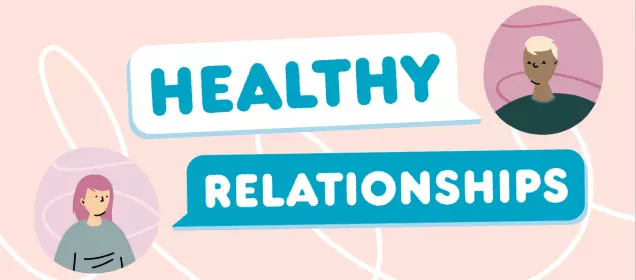
Books About Inclusion and Diversity for Children and Youth This is a list of books that have diverse characters and stories and talk about differences.
This list is not exhaustive, nor are all the books on this list perfect. This is just a starting point.
We encourage you to seek out literature with diverse characters written by diverse voices.
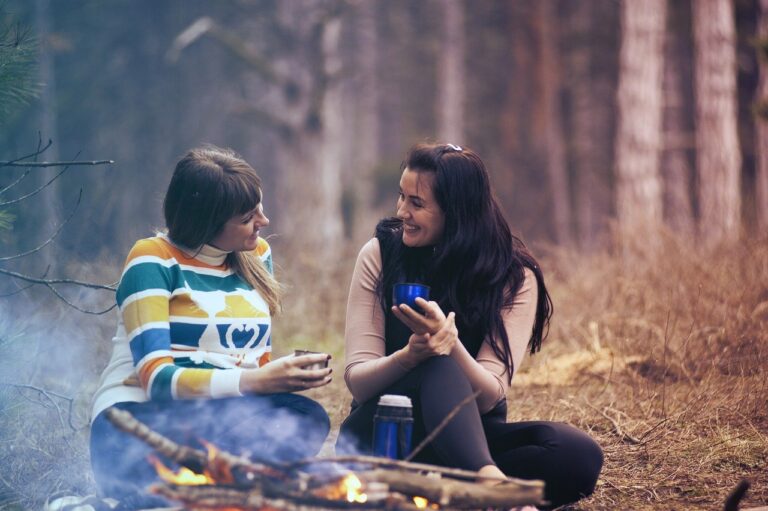
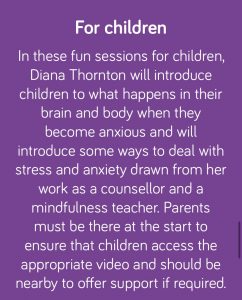
Mental Health videos for children Great resource videos from MPSSocietyUK focusing on helping adults, children & young people with their mental health & wellbeing.
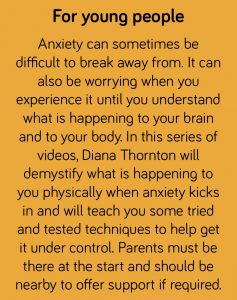
Mental Health videos for young people Great resource videos from MPSSocietyUK focusing on helping adults, children & young people with their mental health & wellbeing.
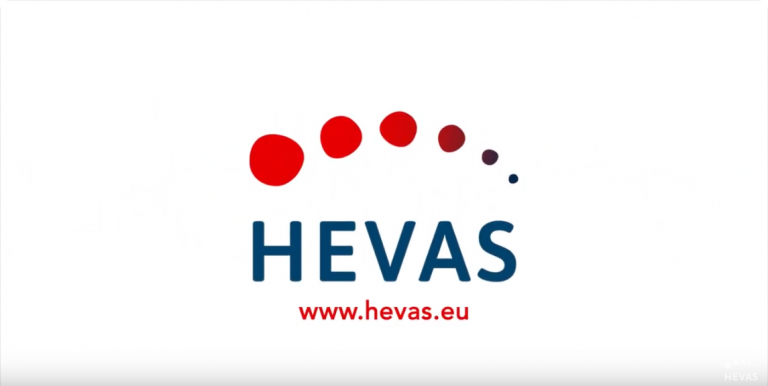
Here is a video from our friends at: HEVAS who have put together a series of videos, this one is: Children with a Rare Visible Condition: Stories of Facial Infiltrating Lipomatosis: Link to You Tube video
Rare Youth Revolution “Powering up the voices of the youth rare disease community”
Coping with Unwanted Advice about Your Child’s Medical Condition– Suggestions on how you might deal with comments or advice that people sometimes like to offer!
Publications & resources for parents & caregivers of children with facial difference
Band-Aids & Blackboards – This is a site about growing up with medical problems. It’s goal is to help people understand what it’s like, from the perspective of the children and teens who are doing just that. These kids have become experts at coping with problems that most of you have never heard of & they’d like you to know how they do it.
CLOVES Syndrome support page – There are some great links on this page as well as 2 publications created for kids with CLOVES.
How to relax – a guide for young people who look different A great resource comes from Changing Faces “How to relax – a guide for young people who look different.” From their website: “If you feel anxiety because you look different, it’s important to find ways to relax and feel calmer.”
Children’s Mental Health Week This is a great site full of resources that can be adapted for various settings. Growth Stories: to help start a conversation about growth and the different challenges we may face.
Mental Health and Welllbeing This fantastic site, filled with info on: what is mental health, how can I get help? self-care for parents, carers support, anxiety, phobias, panic & OCD, apps, unique Facebook group & much more. How to build your child’s self-esteem & confidence This great resource focuses on: talking about your child’s visible difference in a positive way; talking about other peoples reactions, thinking about what you can & can’t control & more.
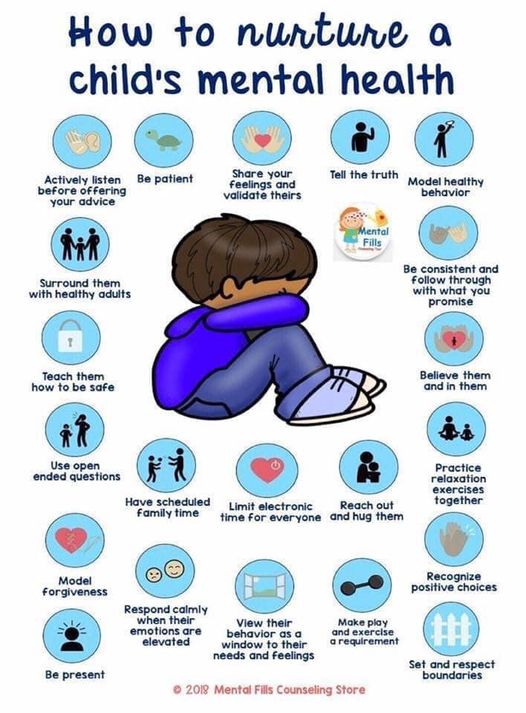
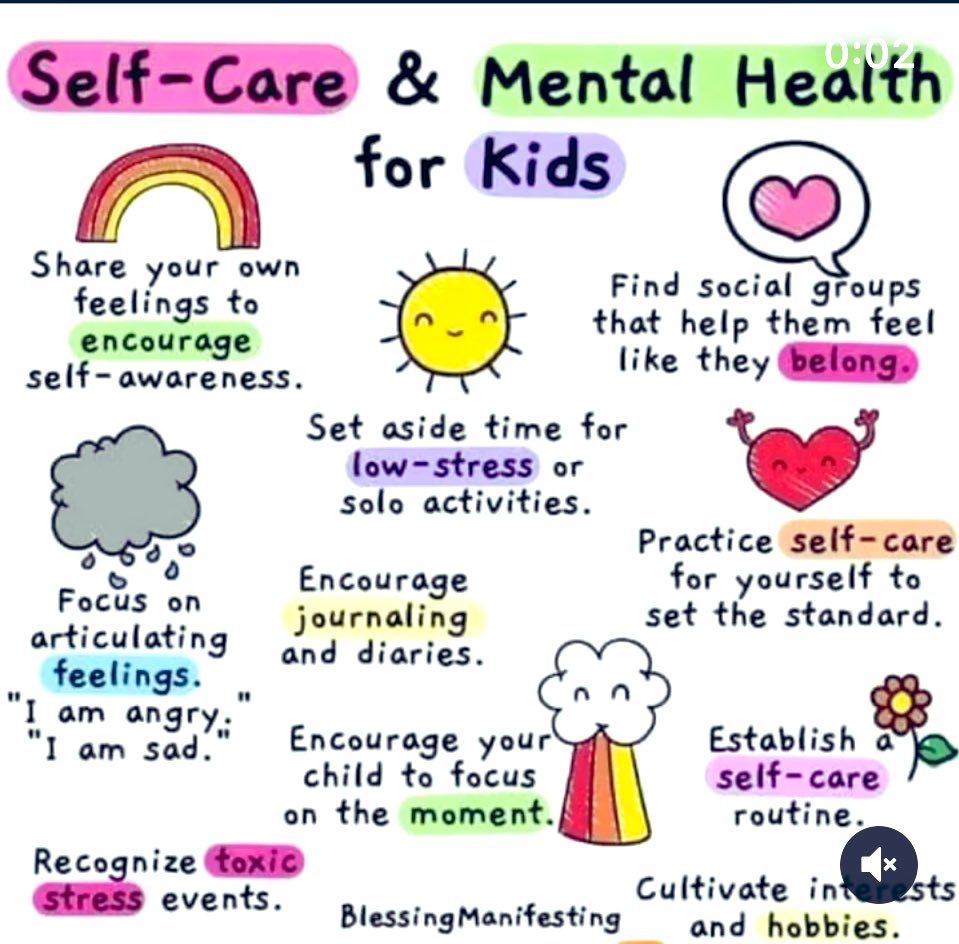
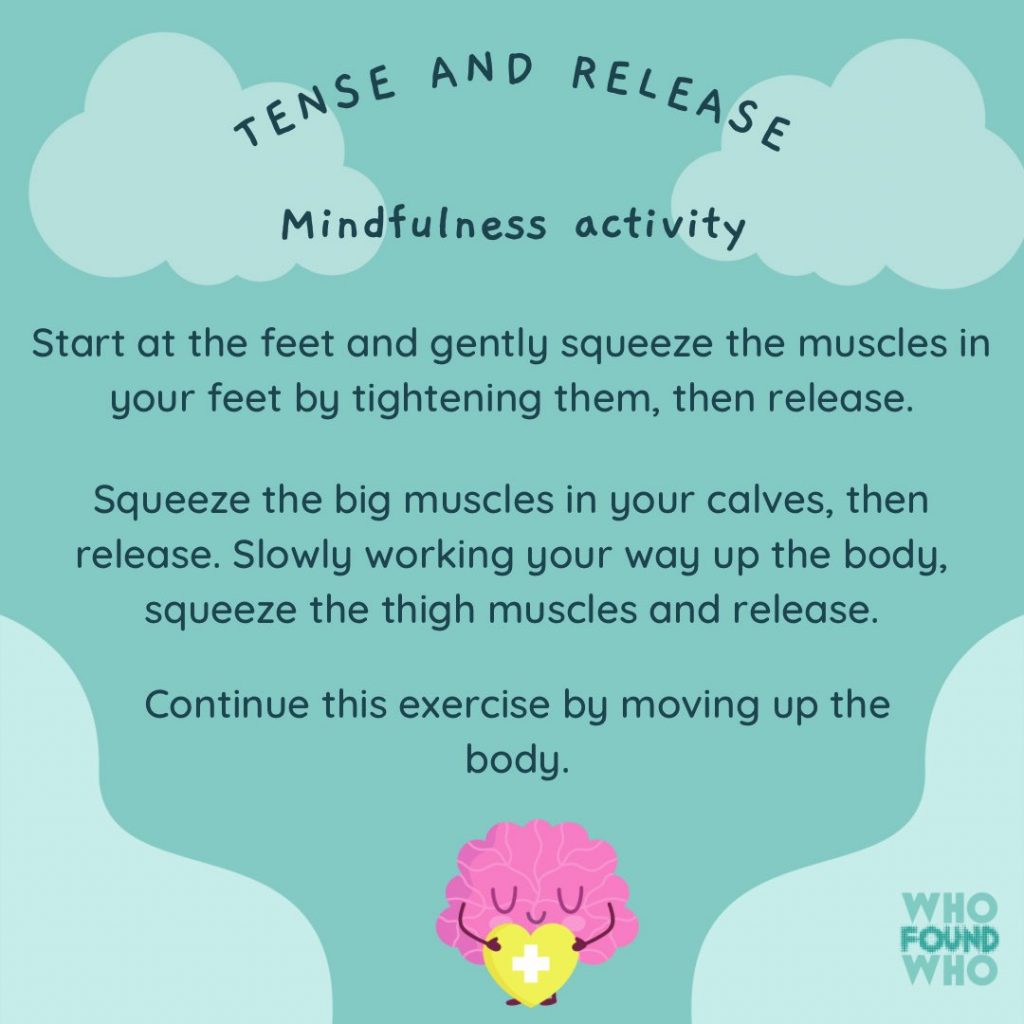
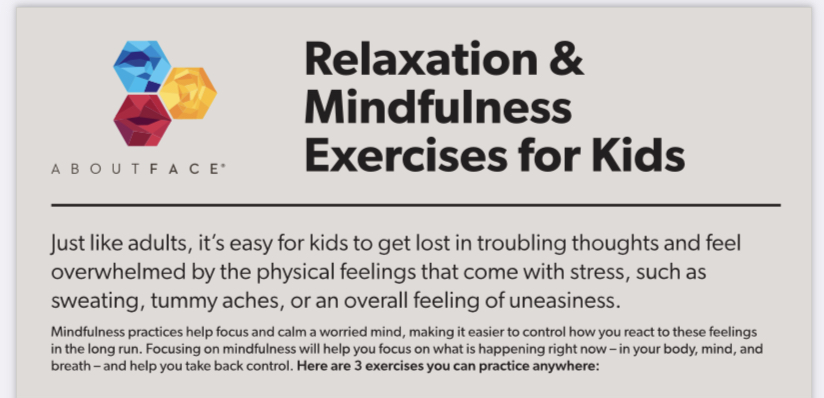
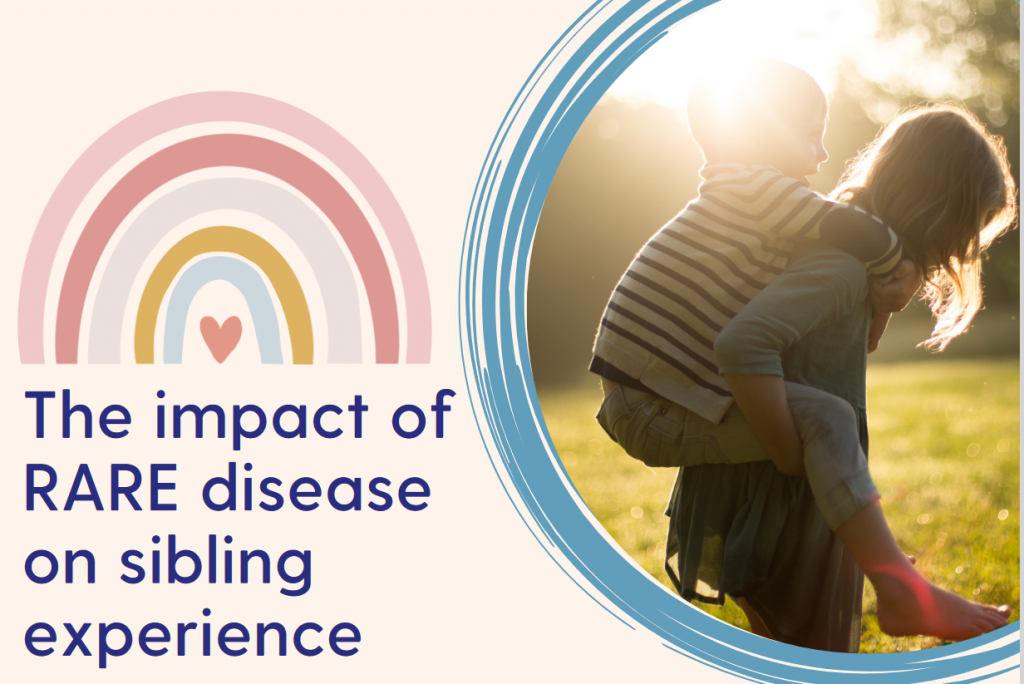
Life with a rare disease can undoubtedly be challenging, beginning with the road to diagnosis, which is typically long, confusing and exhausting. Worries about health, treatments, finances and the future can
dominate. Many rare conditions are life-limiting with complex and degenerative symptoms, and the majority have no effective
treatment or cure. Most rare diseases are diagnosed in childhood, and many are genetic. A rare disease diagnosis affects not
just the individual but the whole family. It inevitably alters family dynamics and can completely change the life path a family had planned and set out on. The impact and burden are felt by all.
See document here: The Impact of Rare Disease on Siblings
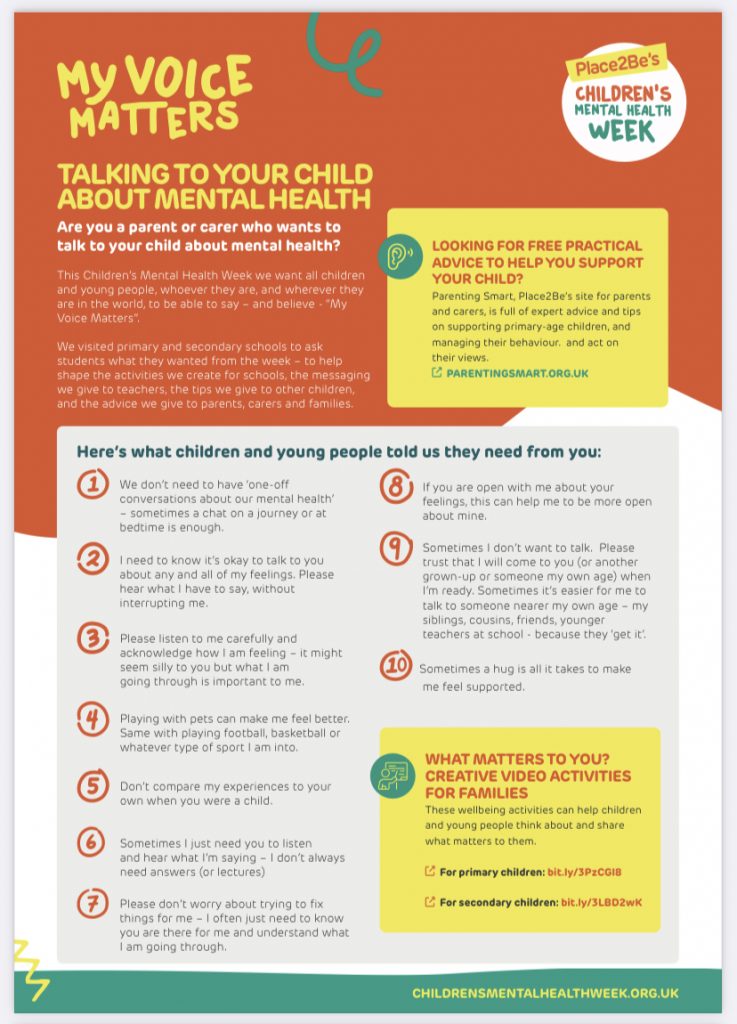
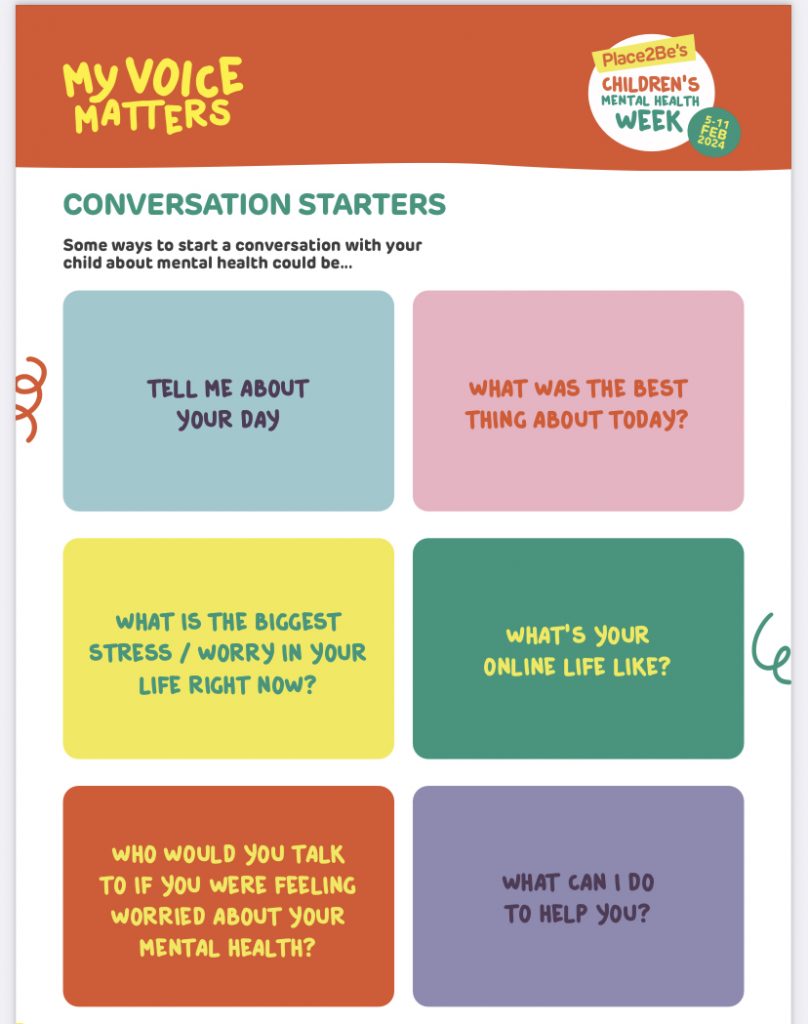
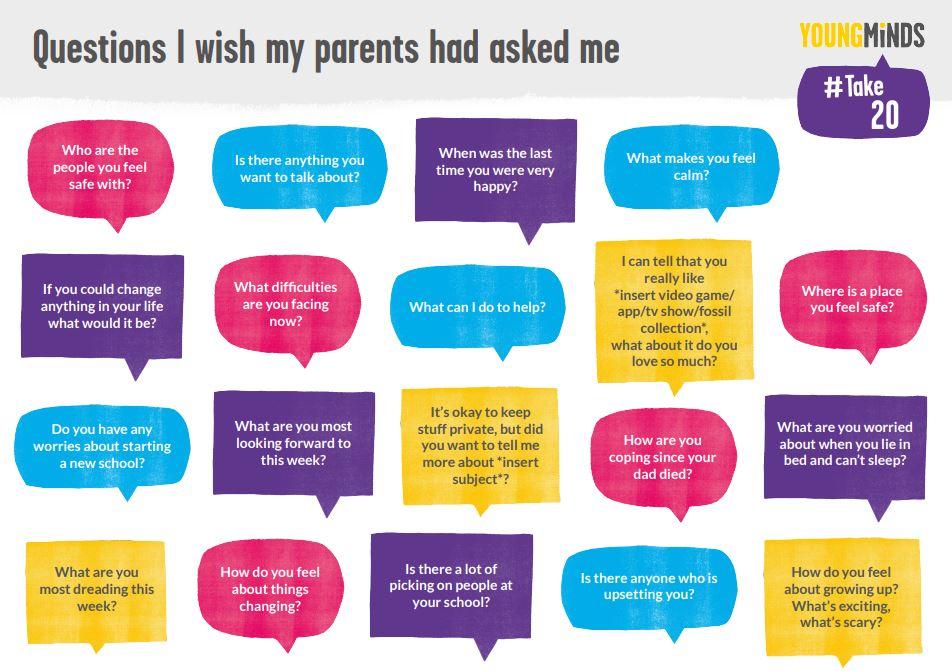
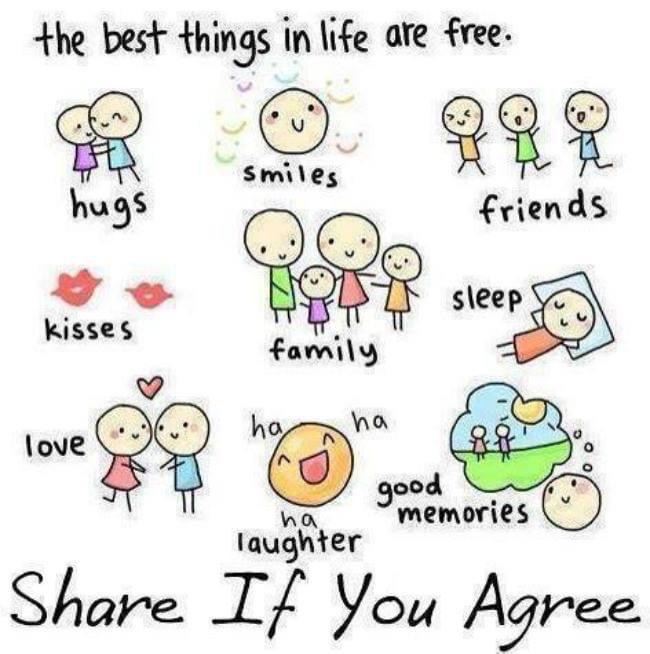
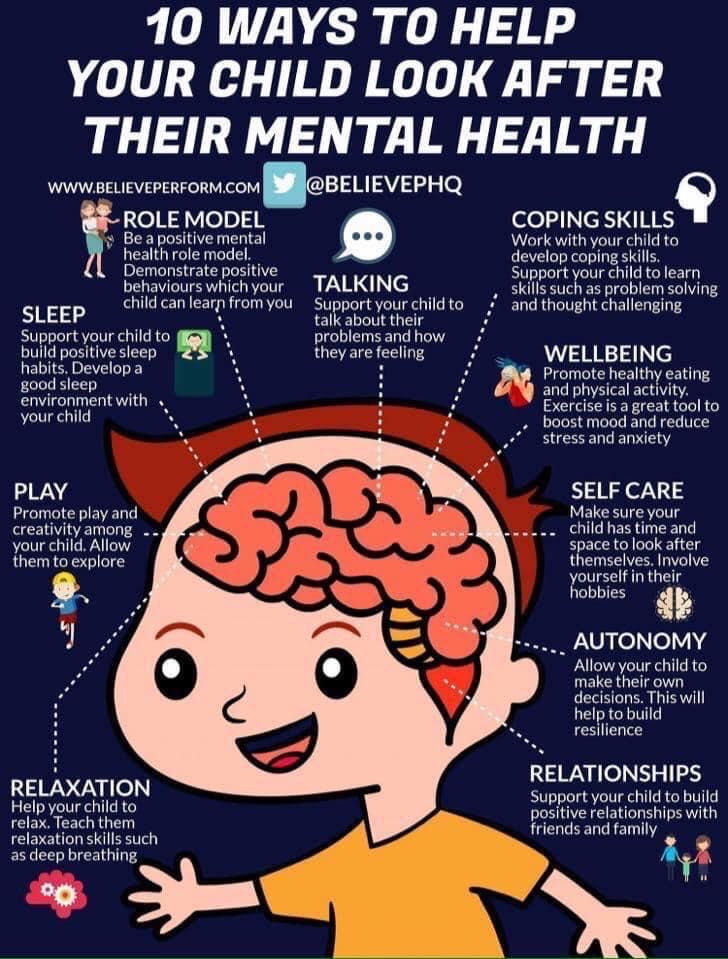
- Caring for children with lymphoedema can be challenging for parents and caregivers. Lymphoedema causes oedema due to the
build-up of lymph fluid and requires careful attention to prevent complications and ensure a good quality of life for affected children. We have created easy-to-understand infographics that highlight the key do’s and don’ts for caring for children with lymphoedema. - Lymphedema Do’s & Don’ts
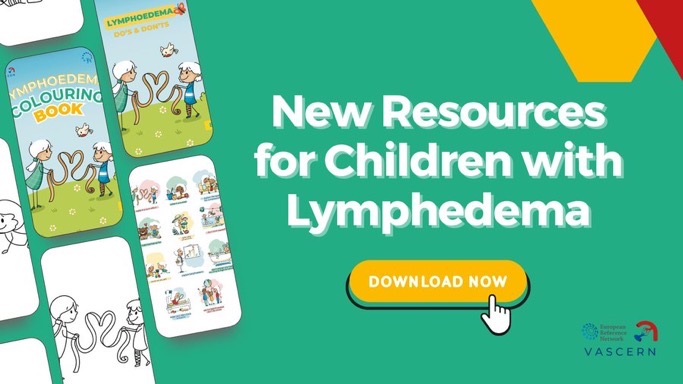
- This colouring book offers a fun and interactive way for children to learn
about managing lymphoedema. The activities in the book are tailored to
educate children on the importance of proper skin care to prevent
infections and keep their skin healthy.
Children will also learn about the role of compression garments and
bandaging in reducing oedema and improving lymph circulation. By
engaging with these activities, children can better understand why these
practices are important and how they can help manage their condition. - Lymphedema Colouring Book

Explaining PROS to children
“The PROS” Comic Book
Follow a team of superheroes-in-training called “The PROS,” who each have a unique PROS condition. Together with their teacher, Professor P, The PROS help other kids living with PROS find support and community. For ages 8 years and up.
The PROS Comic Book
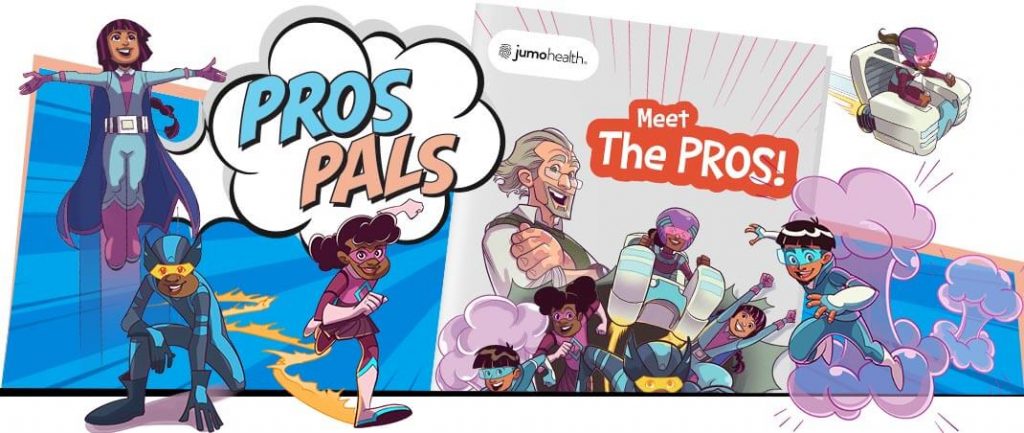
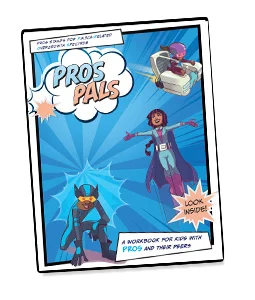
“The PROS” Comic Book
Follow a team of superheroes-in-training called “The PROS,” who each have a unique PROS condition. Together with their teacher, Professor P, The PROS help other kids living with PROS find support and community. For ages 8 years and up.
The PROS Comic Book
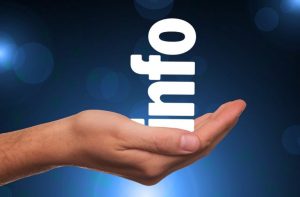
Glossary of PROS Terms
Does your child have questions about PROS terms or some of the words they hear at doctors’ appointments? This glossary includes easy-to-understand definitions of common PROS medical and diagnostic terms. For ages 8 years and up.
Glossary Of Terms
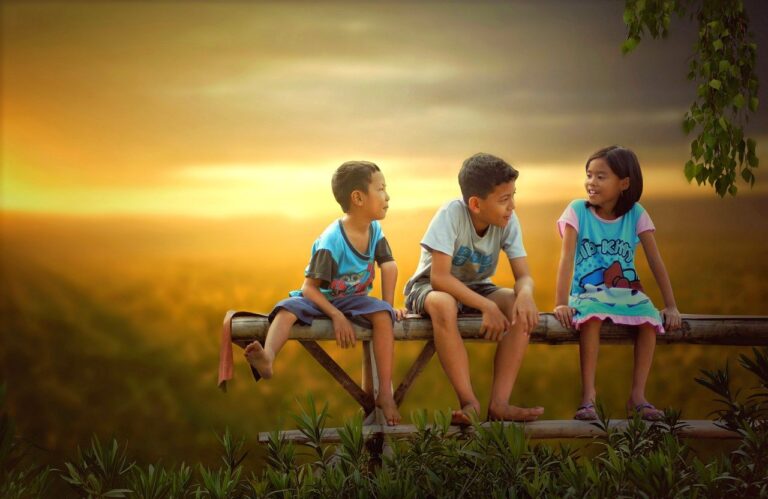
Navigate conversations about PROS
The way you and your child discuss PROS with others will vary depending on whom you are speaking with and the goal of the conversation. The following 3 guides will help you effectively communicate at home, school, and the doctor’s office.
Talking About PROS
Not sure how to explain PROS? Want to share your experiences or explain why you don’t feel like answering questions? This guide includes tips for how to have effective conversations about PROS. For ages 12 years and up.
Talking About PROS
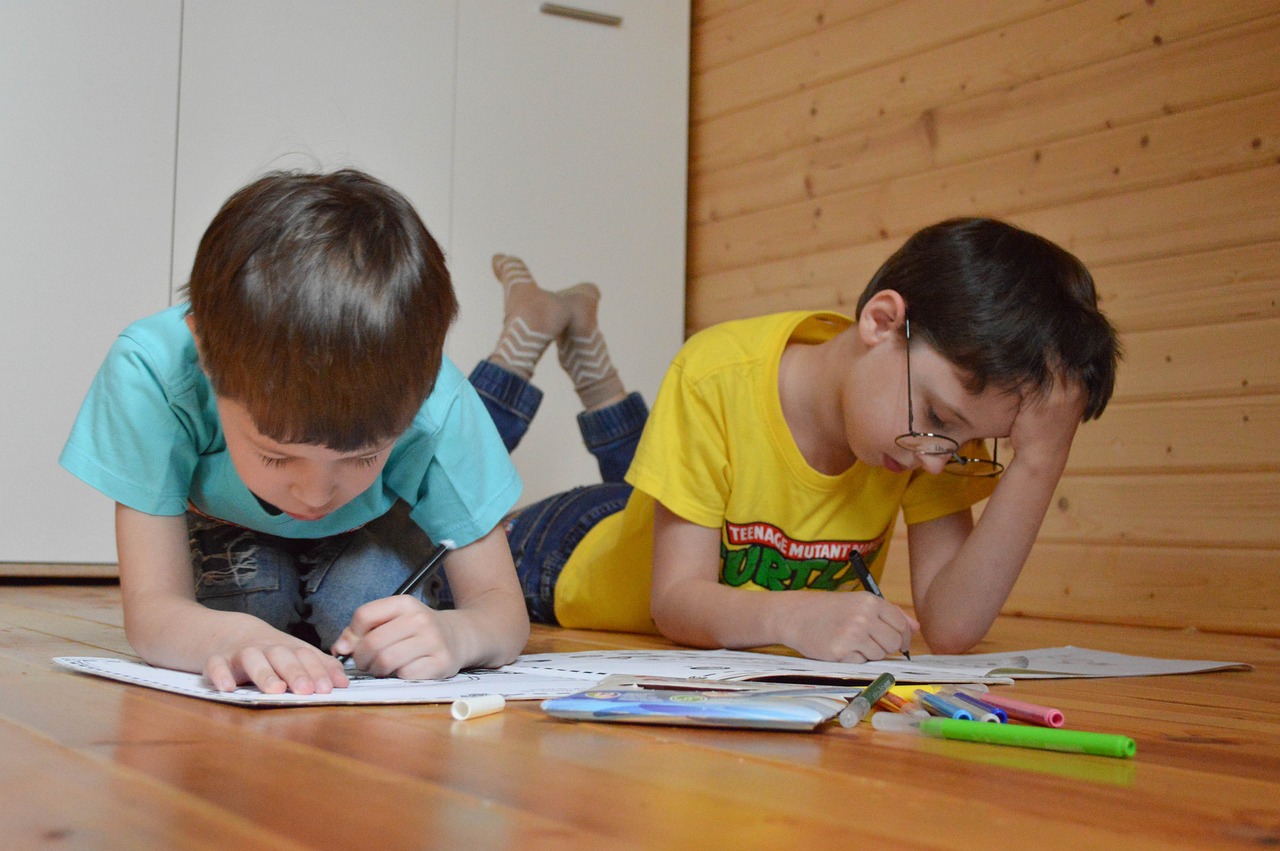
Talking About PROS at Home
PROS impacts the whole family. Check out these tips for starting a conversation with your children about PROS. For parents/caregivers.
Talking About PROS At Home
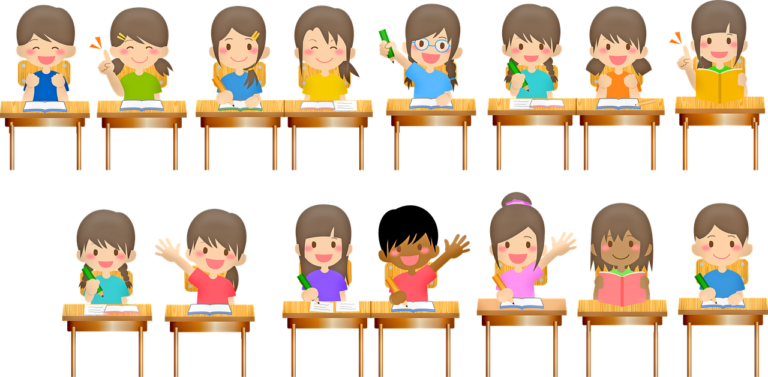
Talking About PROS at School
Classmates and teachers often have questions about PROS. This printable note card includes tips to help children decide what they want to share about PROS. For ages 8 years and up.
Talking About PROS At School
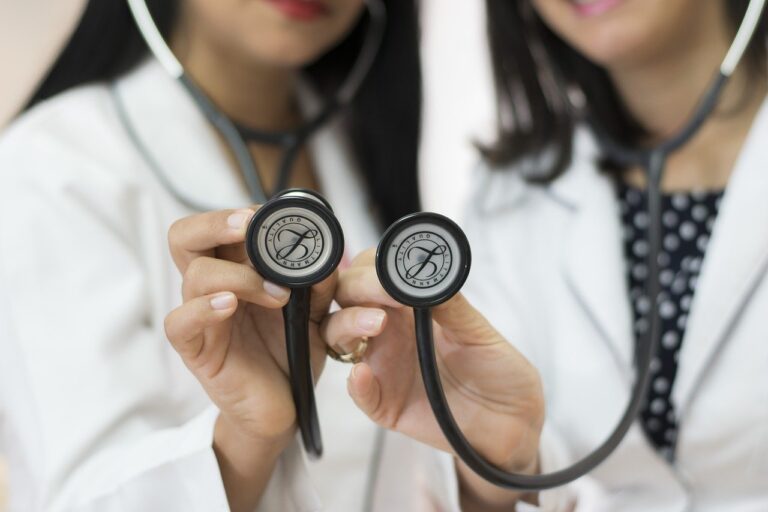
Talking About PROS at the Doctor’s Office
Make the most of upcoming appointments, and get tips for talking about PROS symptoms. For parents/caregivers and young adults.
Talking About PROS At The Doctors Office
Children & Schooling
Below are various resources for teachers, parents and carers looking at explaining living with a rare disease to children of various ages.
We have gathered together various resources/information in to one PDF for teachers who have a child/children of different ages within their school/class with a rare condition. Resources come from: Changing Faces Disability Rights UK Sage Journals Link Spinger About Face Rare Disease Day Understanding PROS
Information leaflet for teachers
Information leaflet for teachers 3-7 year olds
Information leaflet for teachers 7-11 year olds
- Information leaflet for teachers 11-16 year olds
Do you know a young child or a family who is dealing with acceptance and making friends at school? Are you a pre-school or kindergarten teacher, and a student in your class has a chronic health condition? Are you a parent or adult who believes in sharing the values of empathy and inclusion with young children? This website provides some great links & ideas to help: https://www.rarediseaseday.org/downloads/schools-toolkit-explaining-living-with-a-rare-disease-to-young-children/
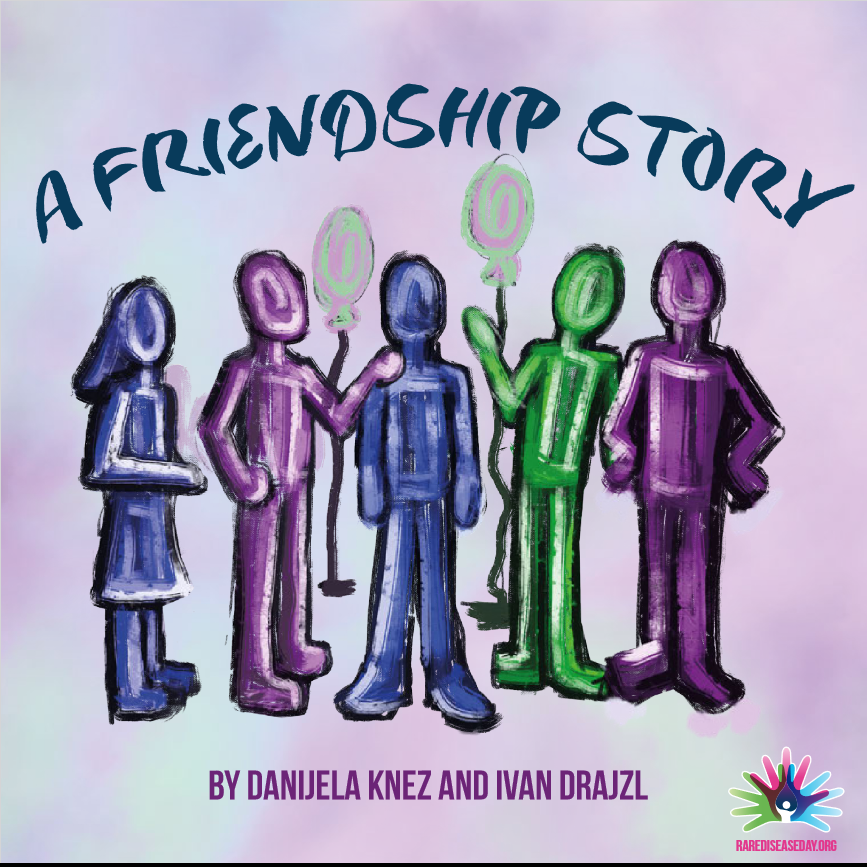
For your use, please find the link to a children’s book, A Friendship Story, from established Serbian author Danijela Pešić, also known under her nom de plume Danijela Knez, who herself lives with a rare disease (Pulmonary Arterial Hypertension–PAH). She wrote this book inspired by her own childhood experiences. She collaborated with a children’s author on the project named Ivan Drajzl.
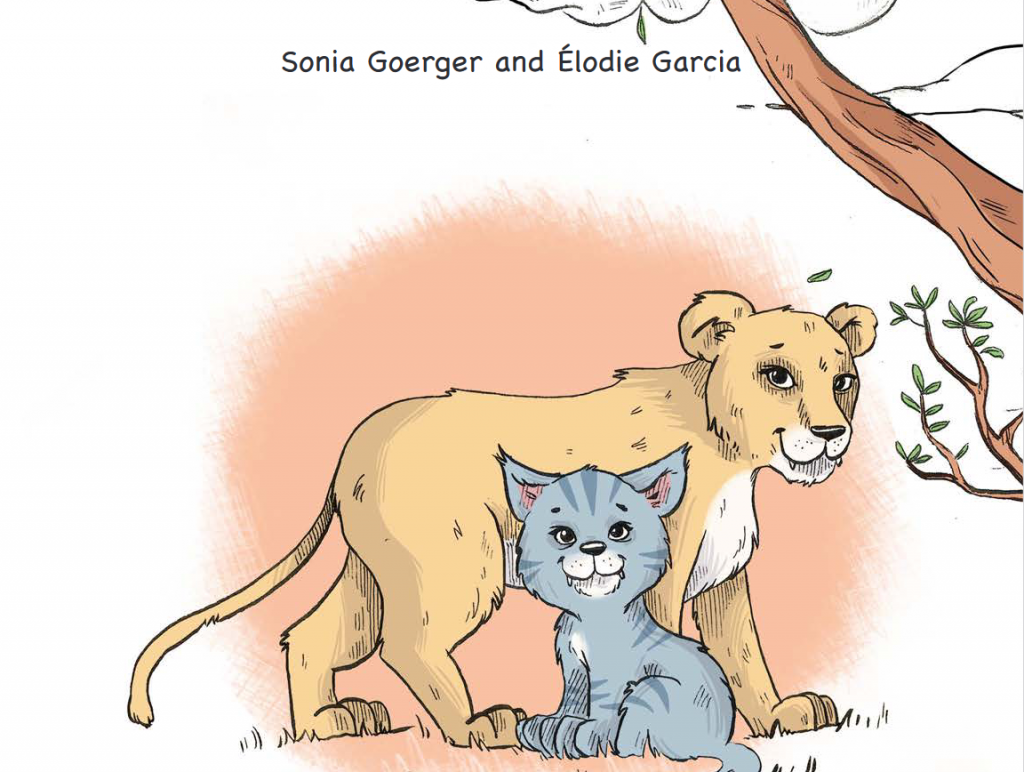
School toolkit: for children (7 to 8 year olds) School toolkit: for children (7 to 8 year olds)
Our lesson plan is adapted from a resource created by the Austrian teacher Manuel Preishuber, as part of a joint project between the Pädagogische Hochschule Salzburg and the Austrian national alliance of rare disease patient organisations, Pro-Rare Austria. Pädagogische Hochschule Salzburg provides a course for teachers and student teachers preparing them to teach about rare diseases. Together with the group activities, this lesson plan should help 7 and 8 years olds to better understand the isolation that some children with a rare disease may face. They will be able to engage with the story, discuss with the class and partake in fun activities. It will be a great starting point for them to reflect on their own. To use alongside our lesson plan and for additional use, please find below the link to a children’s book: Merlin, the Little Feline: Merlin, the Little Feline.
AMPUTATION & CHILDREN – HELPFUL RESOURCES:
- https://limbpower.com/
- https://amputeelawyer.com/information-for-parents-children/resources-to-help-children-understand-limb-loss/
- http://luckyfinproject.org/
- https://rehabpub.com/conditions/childrens-book-aims-help-describe-life-amputee-children/
- https://www.stepsworldwide.org/wp-content/uploads/2020/02/Planned-Amputation-A-Parents-guide.pdf
- https://www.amputee-coalition.org/resources/understand-limb-loss/
CLOTHING & SHOE COMPANIES:
Bespoke Shoe Maker – I have used this company myself for many years & they are extremely good at creating footwear for complex conditions. Based in Derbyshire, UK.
Clothing Solutions – I have used this company to make me a pair of combat trousers, something I always wanted growing up! Lovely people with a lot of knowledge. Based in Bradford, West Yorkshire.
REENA Tailoring: used by one of our GoPI3Ks members & comes highly recommended: Unit A, Wellfield Court, 31 Pen-Y-Lan Road, Cardiff CF24 3PG. Phone: 029 2045 2040 Email: reena.tailoring@gmail.com
CLOVES Syndrome footwear resource – A great resource of information on footwear available in the USA. From bespoke companies to advice on mainstream companies that offer extra wide footwear & those that also sell 2 different size shoes.
ACCESSIBILITY GUIDES:
AccessAble – Looking for access to such things as restaurants, cinema’s hotels, universities & more within the UK, then this is the site for you.
SOCKS:
We know that many of you struggle to find socks that are wide enough for those of us living with overgrowth in our lower limbs. After asking the PROS community & online research we have a list of places & companies.
Some are located in the UK, others in the USA, Canada & Europe.
Not all have been used by the community but I have highlighted the ones which have for your convenience.
Companies based in the UK:
- Medalin LTD, 19 Wenlock Way, Thurmaston, Leicester LE4 9HU.
- Tel: 01162766948
- Website: https://medalin.co.uk/
- This company was used by one of our members with good success.
Rahhint Extra Wide Merino Wool Diabetic Socks for Men & Women, Seamless Toe loose fit, Soft Top No Binding Cuff: Link to Amazon site
- Suggested by leader of rare condition group.
- Walk Tall Socks
- Used previously by someone with overgrowth of their lower limbs.
- Big Shoe Direct
- Found online
Company based in Europe:
- VITsocks
- Based in Europe
- Found online, not used.
Companies based overseas:
- Extra Wide Sock Company
- Based in the USA
- Suggested by Rare group leader.
- SmartKnit
- Based in the USA
- Hanes Men’s Big & Tall Work Crew Socks
- Based in the USA
- Found online, please check reviews before ordering.
- XL Feet
- Based in the USA
- 2 Big Feet
- Based in the USA
- Previously used
- Pembrook Company
- Based in Canada
- Suggested by someone with lower limb overgrowth

